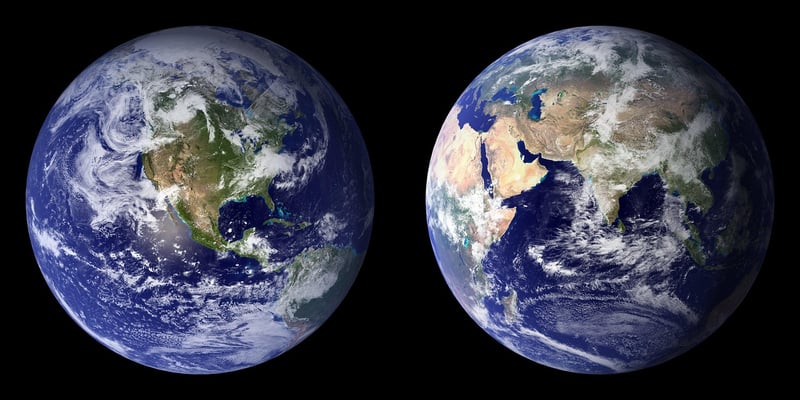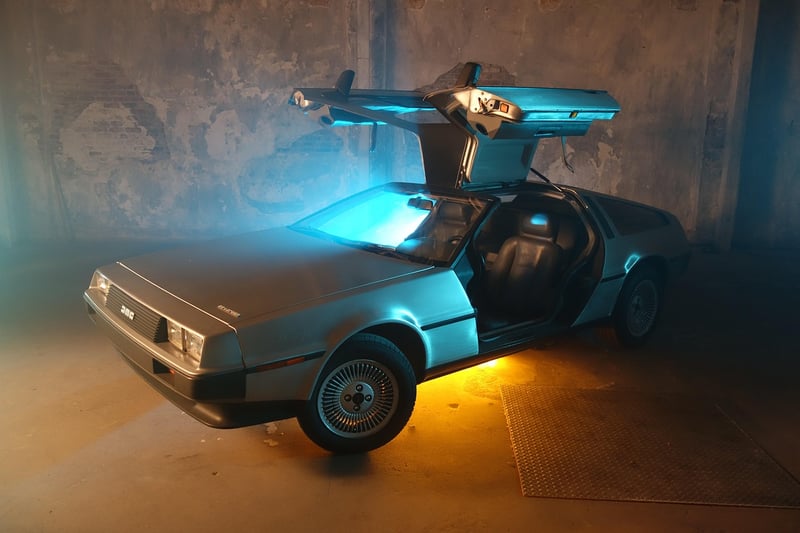Temporal Devices
Exploring Methods of Time Travel and Temporal Devices
Time travel has fascinated people for centuries, capturing the imagination of scientists, writers, and movie-makers alike. While time travel is mostly a concept of science fiction, there are various theories and methods proposed by physicists and researchers that speculate on its feasibility. Let's delve into some of the popular methods of time travel and the intriguing concept of temporal devices.
1. Wormholes
One of the most popular theories for time travel involves the concept of wormholes. Wormholes are hypothetical passages through spacetime that could create shortcuts for long journeys across the universe or even allow for time travel. While wormholes remain theoretical, their existence would require exotic matter with negative energy density to stabilize them.

2. Time Machines
Time machines are devices that could manipulate time, allowing people to travel backward or forward in time. While building a time machine is currently beyond our technological capabilities, theoretical physicist Stephen Hawking proposed that time travel could be possible using a wormhole or a warp drive spaceship.

3. Tipler Cylinder
The Tipler Cylinder is a hypothetical time machine proposed by physicist Frank J. Tipler. It involves a massive rotating cylinder that could theoretically cause spacetime to twist in a way that allows for time travel. However, the practicality and feasibility of constructing such a device remain highly speculative.

4. Temporal Devices in Fiction
While real-world time travel devices are still the stuff of science fiction, temporal devices are a common feature in literature and movies. Iconic examples include the DeLorean time machine from "Back to the Future," the TARDIS from "Doctor Who," and the Time-Turner from the "Harry Potter" series.

While time travel remains a fascinating and speculative concept, it continues to inspire scientific research and captivate the human imagination. Whether through wormholes, time machines, or other theoretical constructs, the idea of exploring different points in time will likely continue to intrigue us for generations to come.
